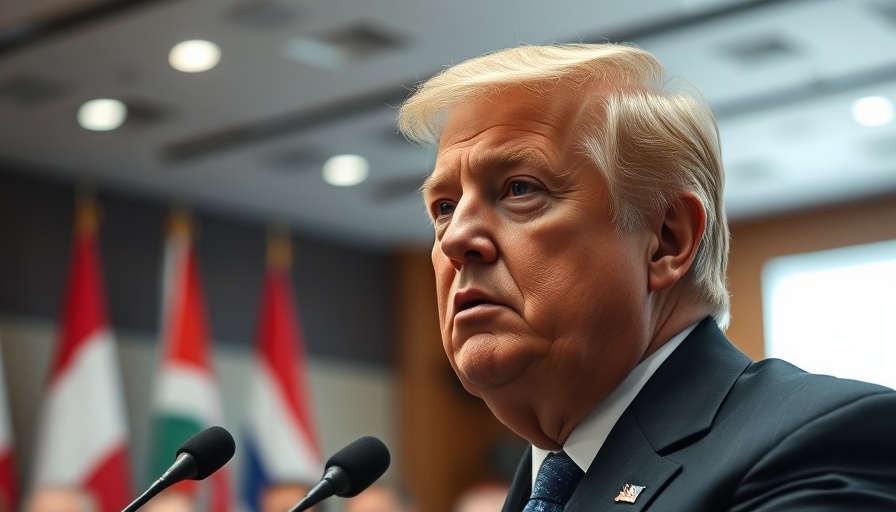
Putin Declares Temporary Ceasefire: A Step Towards Peace?
In a surprising move, Russian President Vladimir Putin has ordered a 30-hour ceasefire to coincide with the Orthodox Easter celebrations. This announcement follows former President Donald Trump’s comments suggesting that negotiations between Ukraine and Russia are intensifying and ‘coming to a head.’ As the world watches, many are left wondering what this ceasefire means for ongoing conflicts and potential resolutions.
Significance of the Ceasefire in Ukraine Conflict
The declaration of a ceasefire during such a symbolic time could signal possible openness to dialogue. Traditionally, ceasefires serve not only to pause hostilities but also to create a backdrop for negotiations. Past attempts at peace in Ukraine have been fraught with mistrust and aggression, making this moment potentially pivotal in changing the trajectory of discussions.
Historical Context: Easter and Ceasefires
Easter holds significant cultural weight in both Russian and Ukrainian societies. Historically, religious holidays have been times of temporary peace in various conflicts. By aligning this ceasefire with a significant holiday, Putin may be appealing to collective values and humanity, attempting to reshape perceptions amidst the ongoing war.
Future Opportunities for Negotiation
With negotiations purportedly on the rise, this ceasefire presents a unique opportunity. Analysts suggest that the international community should engage more actively to support dialogue, encouraging both sides to pursue peace. If meaningful discussions evolve from this pause, it could foster a more sustainable resolution, essential for long-term stability in the region.
Business Implications of Continued Conflict
The prolonged conflict in Ukraine affects not only regional dynamics but also has ripple effects on the global economy. Business professionals should remain alert to shifts in political landscapes, especially in sectors such as supply chains, trade regulations, and investment considerations. A resolution could lead to renewed economic activities and opportunities, both regionally and internationally.
As the situation develops, staying informed becomes crucial. Business professionals must not only monitor political updates but also explore how changes in the geopolitical climate can impact market sentiment and strategies. Opportunities may arise from thoughtful engagement and responsiveness to these evolving dynamics.
In conclusion, as we reflect on Putin's recent declaration, there lies a crucial challenge and opportunity ahead— both for political leaders and business professionals alike. By keeping dialogue open and fostering collaborative efforts, there is hope for peace and a renewed focus on growth and stability in the region.
 Add Row
Add Row  Add
Add 



Write A Comment